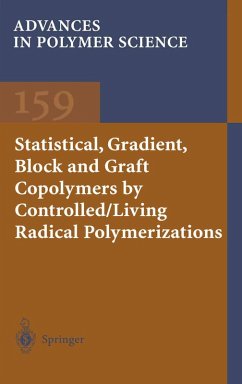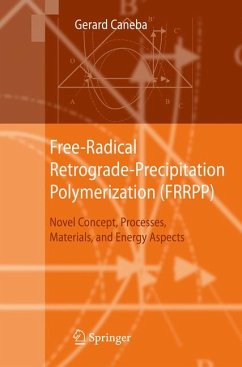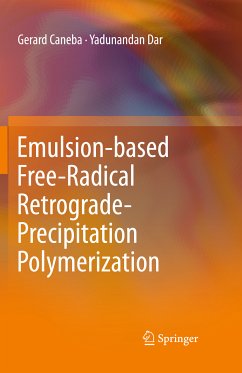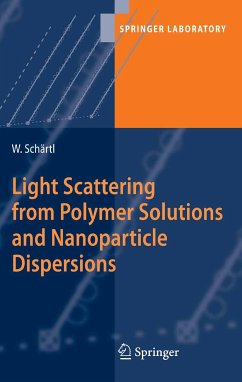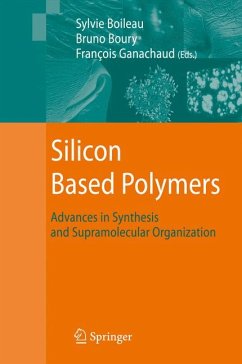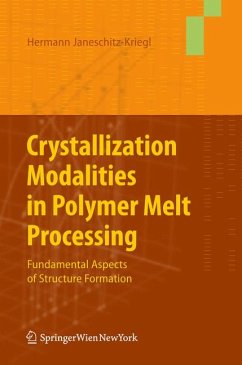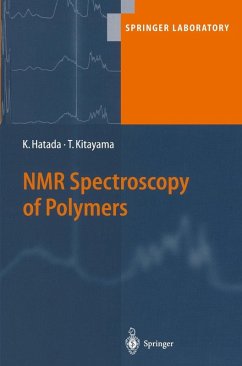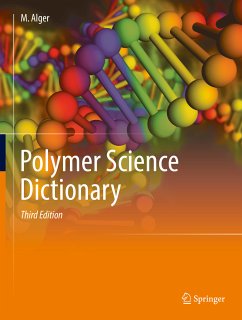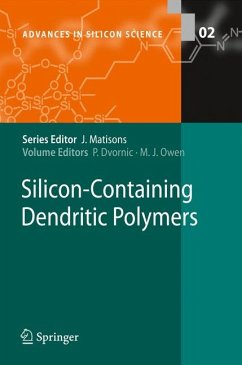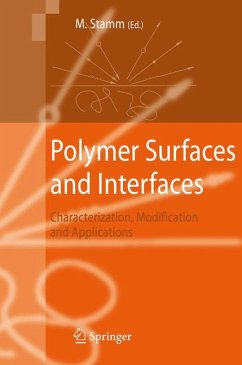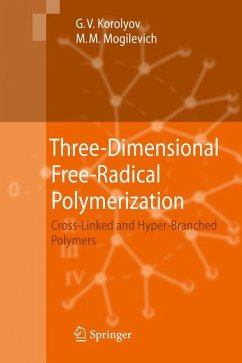
Three-Dimensional Free-Radical Polymerization (eBook, PDF)
Cross-Linked and Hyper-Branched Polymers
Versandkostenfrei!
Sofort per Download lieferbar
112,95 €
inkl. MwSt.
Weitere Ausgaben:

PAYBACK Punkte
56 °P sammeln!
At present, three-dimensional free-radical polymerization (TFRP) is a special ?eld of radical polymerization. TFRP is characterized by speci?c kinetic regularities and mechanisms of processes for the formation of cross-linked or hyper-branched po- mers, and they are different from the kinetics and mechanism of classical radical polymerization. The fundamental studies of kinetics and mechanism of TFRP with formation of cross-linked polymers have been carried out in three stages. The ?rst stage lasted from 1960 until 1983, and the main mechanisms of TFRP of oligo(acrylates) were established duri...
At present, three-dimensional free-radical polymerization (TFRP) is a special ?eld of radical polymerization. TFRP is characterized by speci?c kinetic regularities and mechanisms of processes for the formation of cross-linked or hyper-branched po- mers, and they are different from the kinetics and mechanism of classical radical polymerization. The fundamental studies of kinetics and mechanism of TFRP with formation of cross-linked polymers have been carried out in three stages. The ?rst stage lasted from 1960 until 1983, and the main mechanisms of TFRP of oligo(acrylates) were established during this stage [1-3]. Condensation telomerization, being a universal oligo(acrylate) synthesis procedure, allows us to vary certain molecular parameters, such as length and ?exibility of oligomeric blocks, number and type of reactive groups (methacrylic or acrylic groups), and chemical nature of atomic groups of an oligomeric block, which represent the centers of strong intermolecular interactions. For this reason, oligo(acrylates) were very convenient compounds for establi- ing the main kinetic regularities of TFRP and regularities of formation of polymer three-dimensional cross-linkedstructures,according totheso-calledmicrohetero- neous mechanism (G.V. Korolev, 1977), at the topological and morphological levels.
Dieser Download kann aus rechtlichen Gründen nur mit Rechnungsadresse in A, B, BG, CY, CZ, D, DK, EW, E, FIN, F, GR, HR, H, IRL, I, LT, L, LR, M, NL, PL, P, R, S, SLO, SK ausgeliefert werden.




